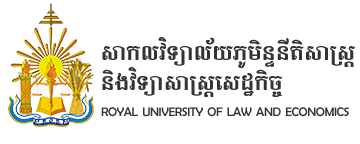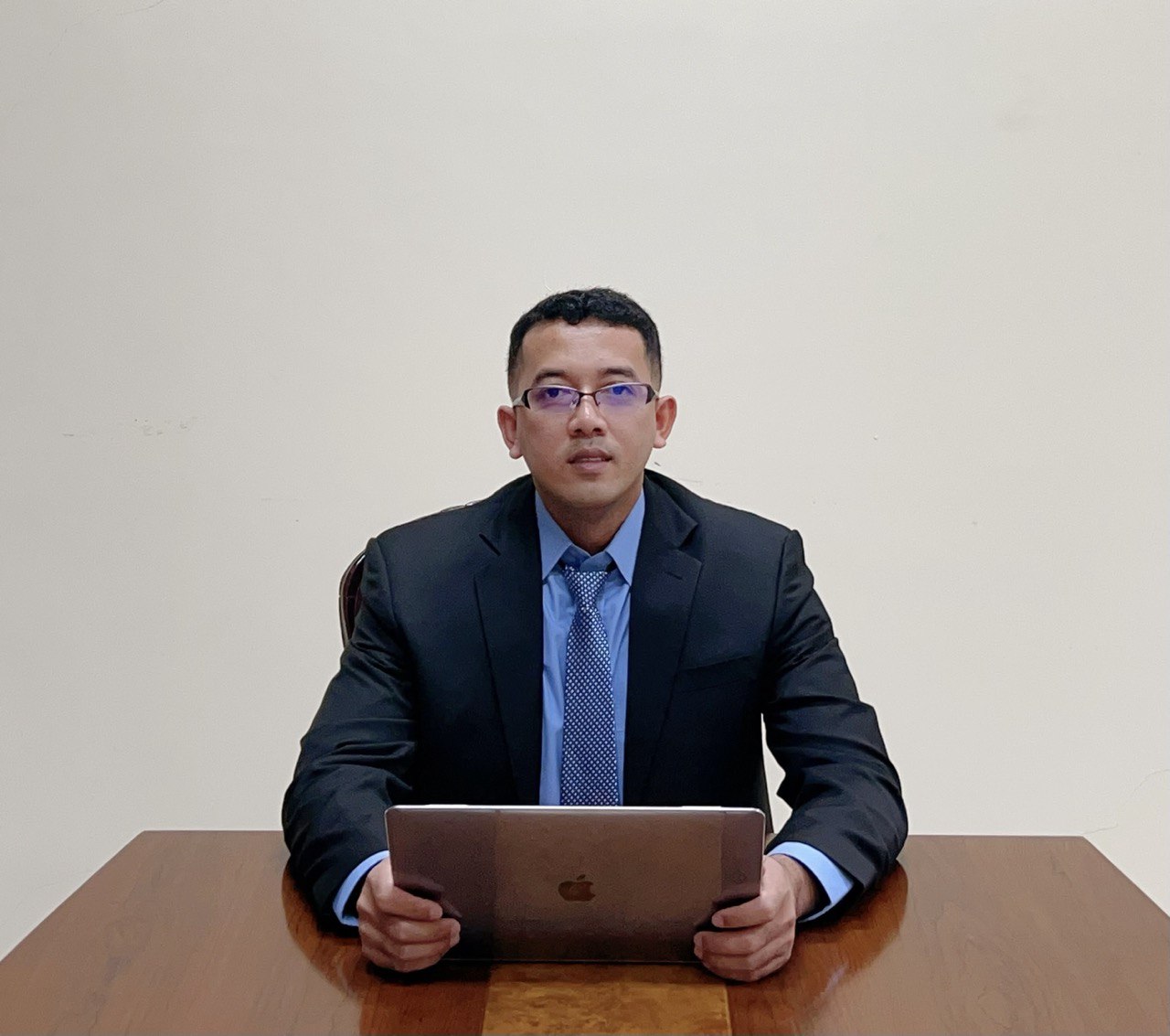Mr. Chamnab Nhel is a Cambodian American who completed his formal education in the United States. He holds dual Bachelor’s degrees in Banking and Finance, and Supply Chain and Operations Management from the Carlson School of Management at the University of Minnesota. Additionally, he earned a Master of Science in Business Analytics from the University of St. Thomas. He is currently pursuing a Doctor of Philosophy in Project Management. He is a committed educator with over 17 years of experience in project management. His work predominantly involves digital transformation, lean manufacturing, business strategy, process improvement, and data analytics. Renowned for leading teams in deploying digital solutions through Lean Six Sigma and project management methodologies, he is adept at driving cost reductions, improving productivity, and achieving high quality standards.
He is currently an active member of the PMI Singapore Chapter, serves as a Contract Senior Project Management Consultant for Cambodian government projects with a focus on digital transformation, holds the position of Board Member and Advisor at TUX Global Institute, and works as a part-time Graduate Lecturer at the Royal University of Law and Economics (RULE).
Since when do you teach at RULE?
I commenced my teaching role at RULE in July 2022, initially focusing on the M2-Best Practices course. I have continued to instruct this course throughout 2023 and 2024. Additionally, I have recently been delivering lectures on Management Control to first-year master’s students.
What have been your journey leading you to RULE?
My affiliation with RULE began when the French Cooperation Department in Economics and Management sought a part-time lecturer for the Best Practices course. Given my pertinent academic background, skills, and experience, I accepted the position and have been teaching this course for three academic years.
Can you describe how the course(s) you teach are relevant in the current context?
The courses I deliver are highly relevant in today’s context as they focus on managing organizations in an international setting, emphasizing competitive strategy, business efficiency, and digital transformation. Through the analysis of real case studies, students enhance their problem-solving skills and apply various best practice frameworks, including Lean Six Sigma tools. These elements are crucial for addressing modern business challenges and navigating digital transformation, and they equip students to make informed decisions, ensuring they are prepared to drive business success in the current digital landscape.
Can you tell us about your experience as a teacher for an international program in Cambodia?
Teaching in an international program in Cambodia has been an exceptionally rewarding experience. It provides a valuable opportunity to engage with a diverse cohort of students, including both local and international participants, which greatly enhances the learning environment. This role allows me to present course materials and case studies while fostering mutual learning through interactive discussions. I particularly appreciate the dynamic nature of the classes, where real-world examples and practical case analyses help students understand and apply concepts to their professional contexts. The varied perspectives from diverse students further enrich the experience, reflecting global business practices and contributing to a more comprehensive educational experience.
What do you like the most in teaching at RULE?
What I like most about teaching at RULE is the opportunity to engage with students from diverse academic and professional backgrounds. This diversity enriches our discussions and enables us to collaboratively address real-world challenges. I particularly appreciate integrating case studies and practical projects into the curriculum, which enhances the students’ learning experience and ensures they get the most value from their investment in my classes.
Do you have any recommendations for future students and graduates?
I encourage future students and graduates to fully engage with this international programs. These programs provide exposure to a diverse range of instructors with varied teaching and industry experiences, which enhances both academic and practical knowledge. In our era of rapid digital transformation, it’s crucial to remain adaptable and committed to continuous learning. I believe that life is only 10% what happens to us and 90% how we react to it. Prepare ourselves thoroughly for opportunities so that we are ready to seize them when they arise.

 ភាសាខ្មែរ
ភាសាខ្មែរ
